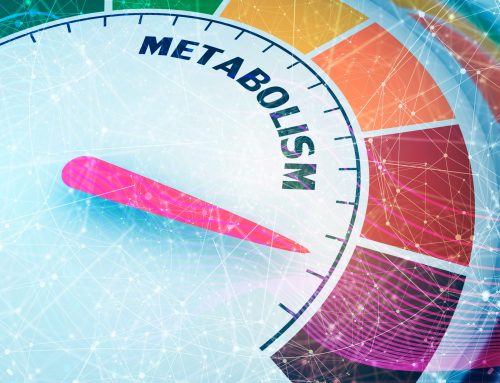Exercise Physiology new and growing area of allied health whereas physiotherapy is a long established profession. At some point in our lives the majority of us have seen a physiotherapist for treatment, more than likely lower back pain. So how does and an Exercise Physiologist and Physiotherapist differ. First let’s look at the similarities of the two professions.
Both professionals have completed a 4 year degree at university. They will both study subjects such as anatomy, physiology, cardiopulmonary function, nervous system function, and biomechanics. At some universities, students of both degrees will attend the same classes.
In the workforce you will find both professions working in public health, private clinics, and with professional athletes and sporting teams. At some private clinics you will find both professions working side by side. The type of conditions treated by both will include musculoskeletal injuries and chronic disease. The clientele of each will range from children to senior citizens. The aim of both professions is to increase the health and quality of life of their clients.
Physiotherapists use various treatments such as joint mobilisation and manipulation, massage, electrotherapy, acupuncture, therapeutic exercise and hydrotherapy. There are main types of Physiotherapy. Musculoskeletal treats muscles, bones and joints such as back pain, arthritis, workplace, sporting injuries and post orthopeadic surgery. Cardiothoracic to treat disorders of the cardio-respiratory system including asthma, COPD, emphysema as well as rehabilitation after thoracic surgery. Neurological treatment which included disorders like stroke, Parkinson’s disease, multiple sclerosis and post brain surgery rehabilitation.
Exercise Physiologist’s use exercise and physical activity for treatment but also look at lifestyle and behaviour modification. They are experts in exercise rehabilitation and metabolic conditions. Their role is to prevent or manage chronic disease, injury and disability. The type of clientele of an Exercise Physiologist includes people with diabetes, obesity, arthritis, metabolic syndrome, dyslipidaemia, hypertension, immune disorders, musculoskeletal injuries and cardiovascular disease as well as others.
Both have a role in helping you maintain your health, wellness and quality of life. Consult your General Practitioner as to which professional will benefit you the most.





